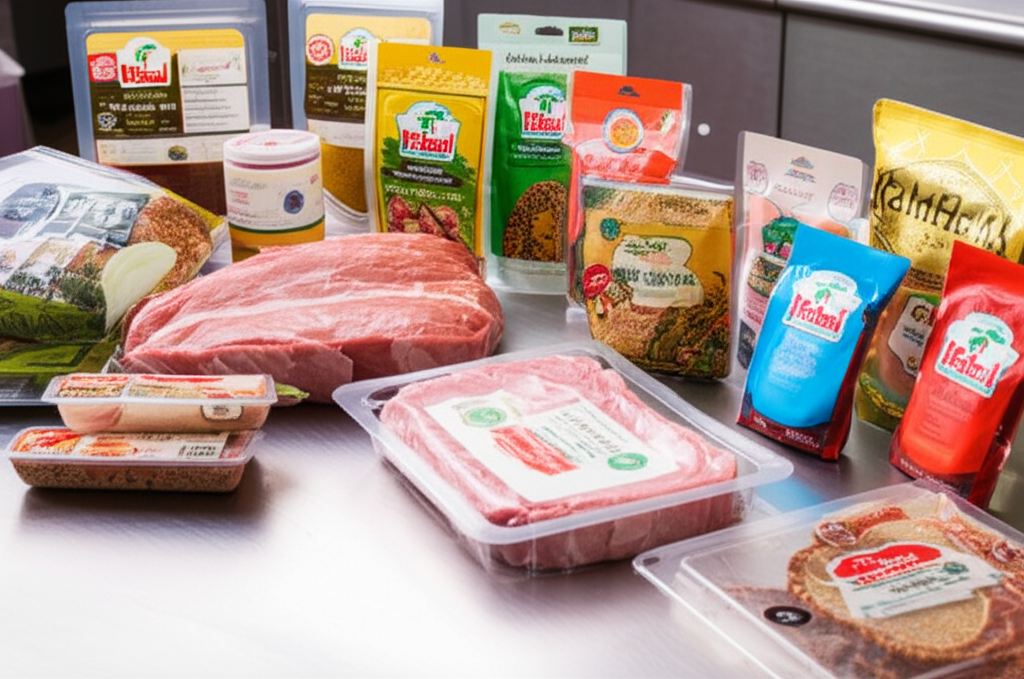
Malaysia and China are forging a groundbreaking partnership in the halal food sector with the launch of a new industrial park in Perak. The 60-hectare China-Malaysia Halal Food Industrial Park will combine Malaysia’s globally recognized halal certification with China’s advanced food processing and logistics expertise. The project, backed by both governments, aims to create a comprehensive hub for production, research, and international trade in halal products.
A key feature of the initiative is its alignment with Malaysia’s Islamic Development Department (Jakim) standards, ensuring compliance with strict halal requirements. The industrial park will also integrate China’s efficient supply chain networks, including cold chain logistics and bonded warehousing. This collaboration is expected to strengthen Malaysia’s position as a leader in the global halal market while expanding China’s role in halal food processing and distribution.
The park will serve as a gateway for halal products from Malaysia, ASEAN, and South America to reach international markets through established trade routes. Leveraging China’s New International Land-Sea Trade Corridor and China-Europe freight trains, goods will be distributed across ASEAN, the Middle East, and Europe. Additionally, the facility will include a halal certification center and a training base to support industry talent development, further enhancing its global competitiveness.
This project is part of broader economic cooperation between Malaysia and China, including infrastructure developments like the East Coast Rail Link. Transport Minister Anthony Loke emphasized the strategic importance of Kuantan Port as a future trade hub connecting Malaysia with China and ASEAN. With Guangxi’s unique position as China’s only land-and-sea gateway to ASEAN, the partnership is poised to drive long-term growth in regional trade and logistics.